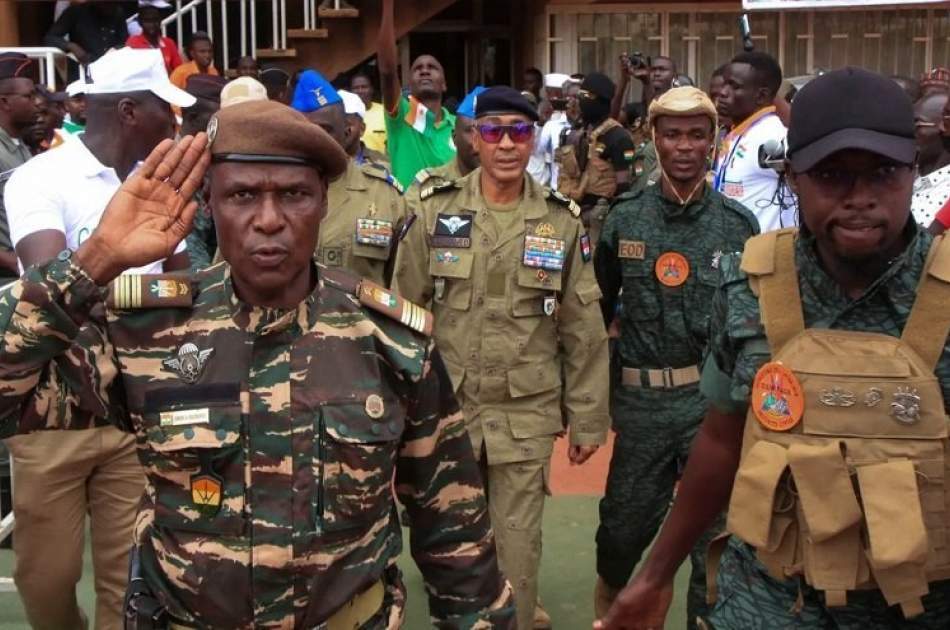Mali, Burkina Faso and Niger, three countries under military rule, signed a security agreement for mutual defense against terrorism or foreign aggression.
Publish dateSunday 17 September 2023 - 13:11
Story Code : 276733
Afghan Voice Agency (AVA): General Asimi Guita, the head of the Transitional Government of Mali, announced on his page on the social network X (former Twitter) that the leaders of Mali, Niger, Mali and Burkina Faso signed the Charter of the Covenant of Governments of the Sahel countries to "establish have signed the collective defense structure.
Guita wrote: "I signed today with the heads of government of Burkina Faso and Niger the Liptkau-Gorma Charter, which establishes an agreement between the governments of the Sahel coast with the aim of forming a structure of collective defense and mutual assistance for the well-being of our citizens."
According to the "Union of Sahel Countries" treaty, any attack on the sovereignty and territorial integrity of any of the signatories of this treaty is considered an aggression against the other parties.
Mali, Niger, and Burkina Faso, the three West African countries ruled by military rulers, signed the security agreement and pledged to help each other in the event of any rebellion or foreign aggression.
The three countries, which are trying to curb terrorists linked to al-Qaeda and ISIS, signed the security pact on Saturday, September 16 (25th of Sabla), in Bomako, the national capital.
Burkina Faso's financial relations with its neighbors and international partners have been strained for a long time due to the coup. Following the recent coup in Niger, this country also joined them and the gap between these countries and ECOWAS (Economic Community of West African States) deepened. This institution had previously threatened to resort to force if the military rulers of Niger do not return the deposed president of Niger, Muhammad Bazoum, to power. A claim that was not realized in practice despite setting some deadlines.
The European Union, the United States and ECOWAS have condemned a military coup in Niger and suspended aid to one of Africa's poorest countries, which has seen the seventh coup in West and Central Africa in three years.
On the other hand, Mali and Burkina Faso have promised to help Niger if it is attacked.
According to the recent agreement, known as the alliance of Sahel countries, "any attack on the sovereignty and territorial integrity of any of the signatories of this agreement is considered an aggression against the other parties".
In this statement, it is stated that other countries of this pact will help individually or collectively, including by using armed forces.
All three countries are considered members of the 5 Sahel Group of Joint Forces; A coalition that was founded in 2017 with Chad and Mauritania and with the support of France to deal with Islamist groups in the region.
Mali left this coalition after the military coup. Afterwards, Niger's ousted president, Mohamed Bazoum, said in May 2022 that the coalition was effectively defunct after Mali withdrew from it.
Relations between France and these countries became dark after the coup and France had to withdraw its forces from Mali and Burkina Faso.
France has refused to recognize the authority of the military government.
The Liptako-Gorma region, where the borders of Mali, Burkina Faso and Niger meet, has been the scene of terrorist acts for years.
The three countries are facing a terrorist insurgency that began in northern Mali in 2012 and spread to Niger and Burkina Faso in 2015.
The three Sahel countries have also been the scene of coups since 2020, the most recent of which was in Niger, which toppled President Mohamed Bazoum last July.
avapress.net/vdchx-nix23nqqd.01t2.html
Tags
Top hits







